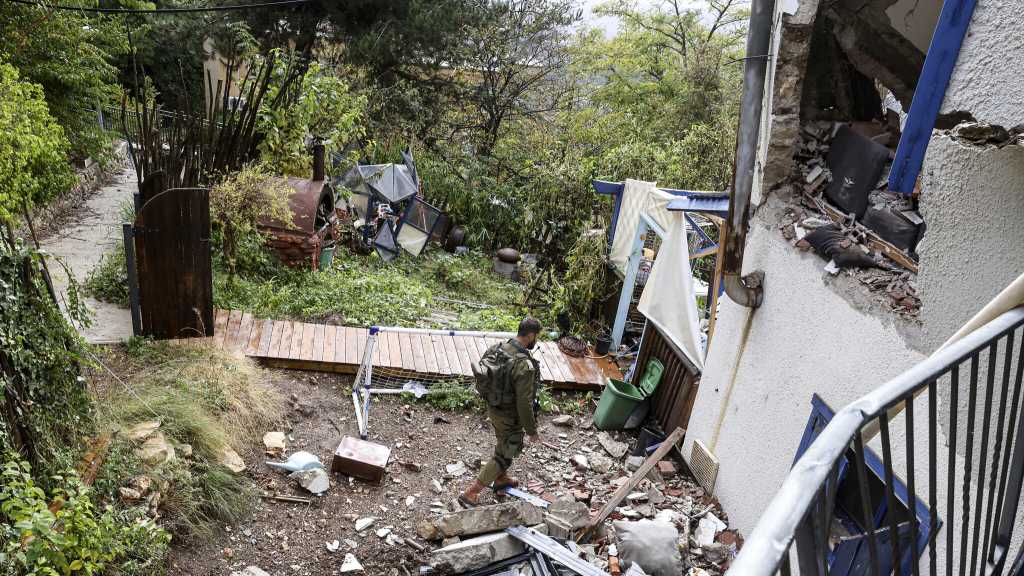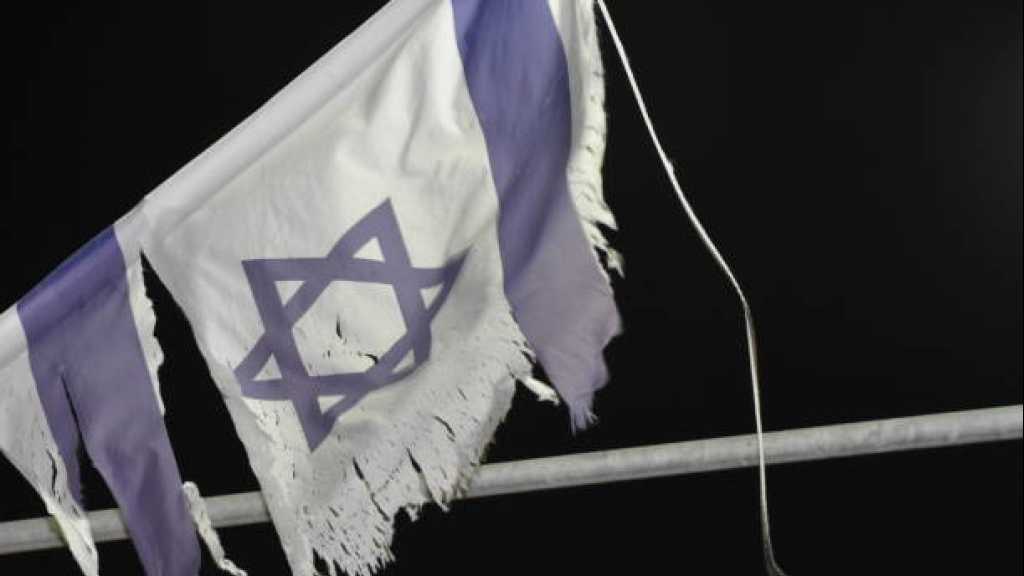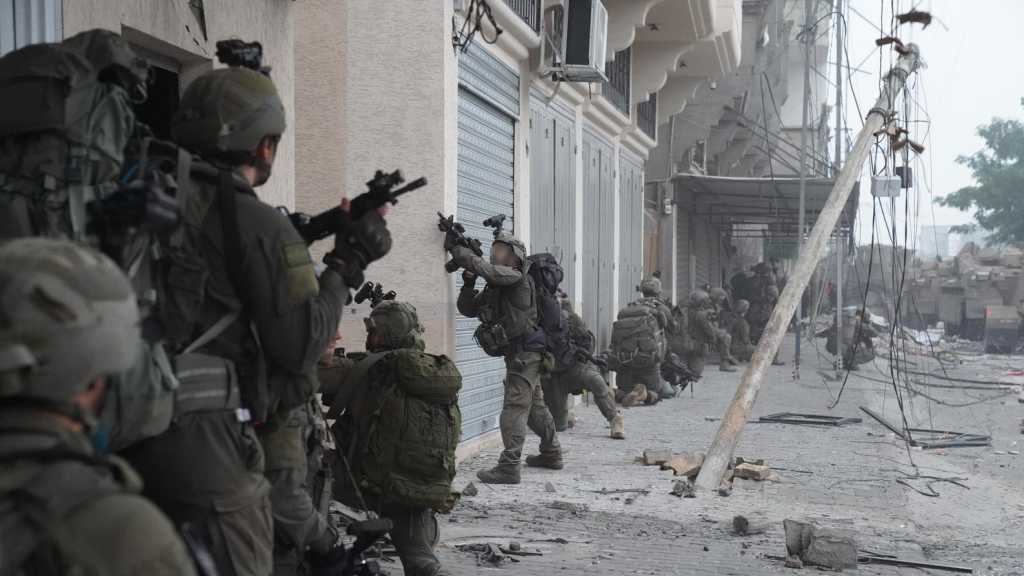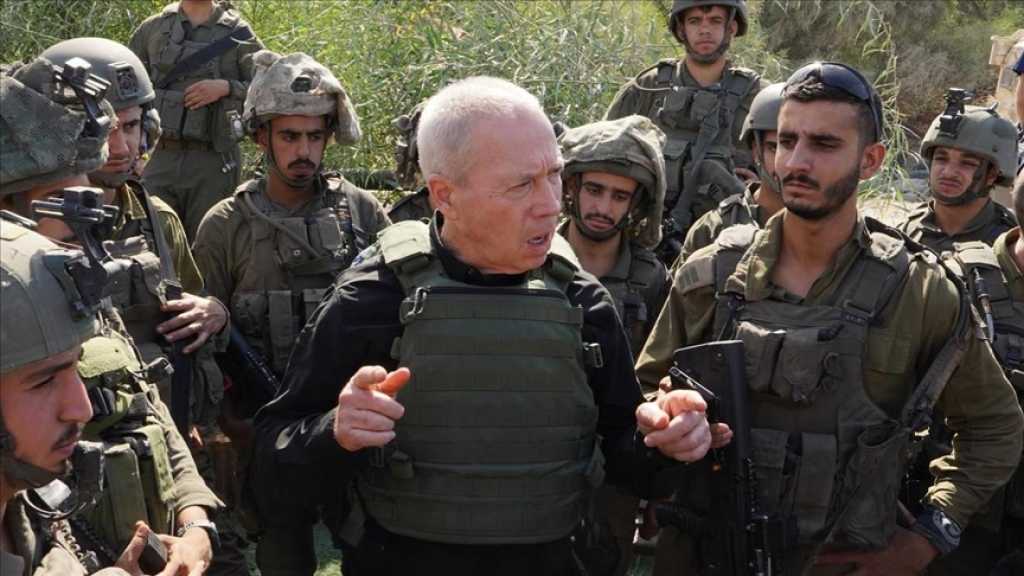
Ynet Laments Situation in the North: Devastation is Widespread, Leadership Lacked

By Staff
The “Israeli” Ynet lamented that “The devastation is widespread in the communities along the northern border with Lebanon.”
According to the daily settlers “were evacuated two and a half months ago, but since then, their homes have been burned, roads ruined and infrastructure shattered by incoming fire from Hezbollah and, equally, by the tanks, APCs and other ‘Israeli’ army’s hardware that transformed these communities into frontline outposts.”
On this level, the daily chose to shed light on a video posted by Al-Mayadeen journalist Ali Mortada, who mocked the destruction in a post featuring “Kibbutz Manara”, where half of “homes” are estimated to be damaged.
“Hello my enemies, may you have a terrible day. I know your military told you that over 50% of your homes were hit but has been preventing you from actually seeing the damage. So as a Lebanese, I am still on the border. I will show you what happened to your homes in ‘Manara’. Can you see it? Look at the building. Look here. You can see this home without a roof. ‘Manara’ is now like a ghost town. Don't come back. Don't ever come back.”
Orly Itzhak, the financial administrator of “Manara”, located just 400 meters [437 yards] from the border fence, reported that out of the 155 buildings in the kibbutz, 86 were impacted, suffering varying degrees of damage.
“The destruction is total, beyond repair with just paint and a broom. The walls are destroyed, the roof is burned, and in some areas, the building's foundation is cracked,” she said.
For her part, Giora Zaltz, the head of the Upper Galilee Regional Council said: “We are living in a crazy reality. The government has established a security zone inside ‘Israel’ rather than in Lebanon. The military operates from the border communities, and when a Merkava tank fires from within a newly built neighborhood, the shockwave demolishes doors and shatters windows.”
Zaltz estimates that extensive rebuilding will be required in three-quarters of the settlements in the Upper Galilee before settlers can return.
“I have many homes that were hit,” said Moshe Davidovich, mayor of the Western Galilee “Mateh Asher” Regional Council. “Roads and infrastructure are decimated, and ‘communities’ are abandoned, turning into bases for tanks ready to strike.”
Currently, there are no estimates of the damage or cost, as it remains too dangerous to enter the “communities” along the border.
“There are areas the army hasn't reached, so we can't assess the damage there, but it seems considerable. We're uncertain about the state of the infrastructure,” Zaltz explained. “This low-intensity war could last for weeks and might escalate at any moment. It's a very unpleasant situation.”
So far, there have been 800 requests submitted to the Finance Ministry's tax authorities for compensation for war damages, with many more anticipated. “The issue is the lack of leadership. No one is informing us about what to expect tomorrow or next week,” Yitzhak lamented. “I'm unsure who to approach for solutions and keep being sent from one office to another without receiving answers. It's very frustrating, especially when things are already difficult.”
Comments


